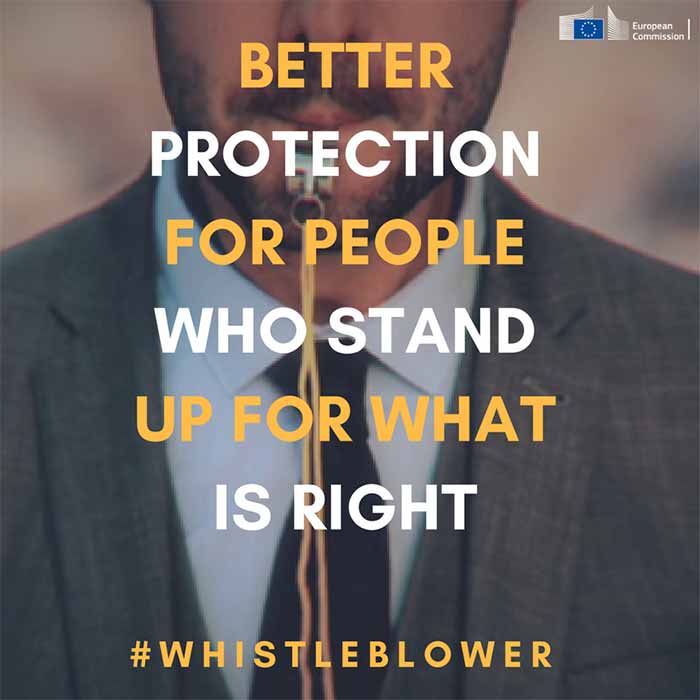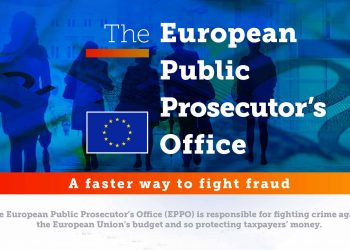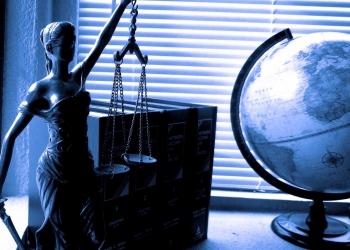Recent scandals such as Dieselgate, Luxleaks, the Panama Papers or the ongoing Cambridge Analytica revelations show that whistleblowers can play an important role in uncovering unlawful activities that damage the public interest and the welfare of our citizens and society.
Moving towards a new law to strengthen whistleblower protection across the EU, for people who stand up for what is right. European Commission initiatives will guarantee a high level protection for whistleblowers who report breaches of Union law.
Whistleblowers heroes or traitors?
EU will guarantee a high level of protection for whistleblowers who report breaches of EU law by setting new, EU-wide standards. The new law will establish safe channels for reporting both within an organisation and to public authorities. It will also protect whistleblowers against dismissal, demotion and other forms of retaliation and require national authorities to inform citizens and provide training for public authorities on how to deal with whistleblowers.
Concretely, all companies with more than 50 employees or with an annual turnover of over €10 million will have to set up an internal procedure to handle whistleblowers’ reports. All state, regional administrations and municipalities with over 10,000 inhabitants will also be covered by the new law.

These protection mechanisms must include clear reporting channels, within and outside of the organisation, ensuring confidentiality. Also, a three tier reporting system should be foreseen consisting of internal reporting channels; reporting to competent authorities – if internal channels do not work or could not reasonably be expected to work and Public/media reporting – if no appropriate action is taken after reporting through other channels, or in case of imminent or clear danger to the public interest or irreversible damage.
How can whistleblowers be protected?
– Anonymous Whistleblowers
The Commission’s proposal foresees feedback obligations for authorities and companies, who will have to respond and follow-up to the whistleblowers’ reports within 3 months for internal reporting channels.
All forms of retaliation are forbidden and should be sanctioned. If a whistleblower suffers retaliation, he or she should have access to free advice and adequate remedies (for example measures to stop workplace harassment or prevent dismissal). The burden of proof will be reversed in such cases, so that the person or organisation must prove that they are not acting in retaliation against the whistleblower. Whistleblowers will also be protected in judicial proceedings, in particular through an exemption from liability for disclosing the information.
Protection for people who stand up for what is right.
Tell the truth and ruin your career! Should whistleblowers be compensated?
As many corporate whistleblowers discover, doing the right thing isn’t always rewarded.
What is the reward for a whistleblower?
What is right to protect?
Can Justice act from a distance?
Debating whistleblowers and protection mechanisms!
Join #eudebate for a better Europe.















